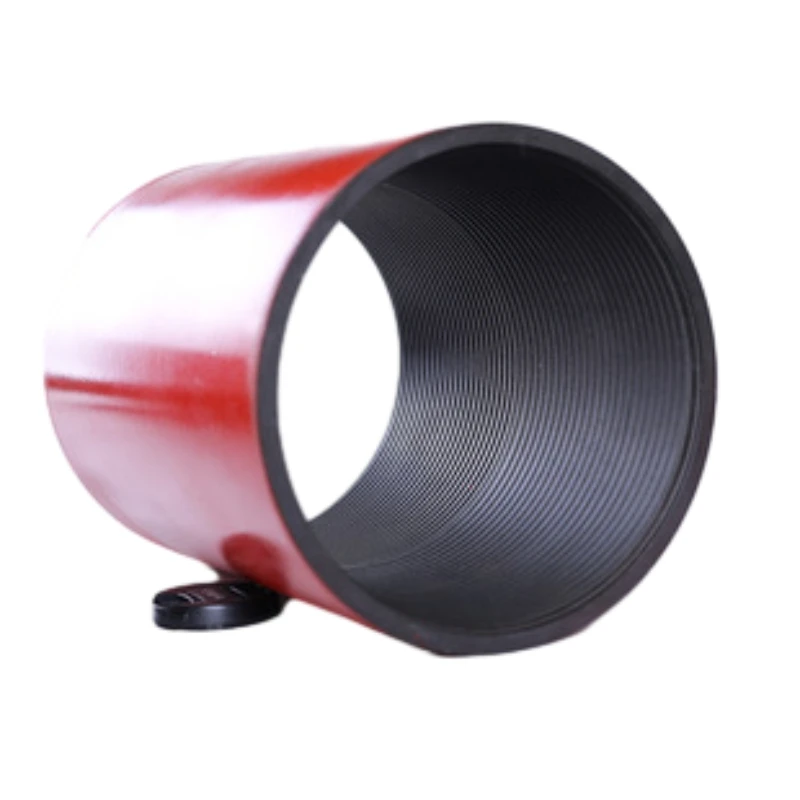- Afrikaans
- Albanian
- Amharic
- Arabic
- Armenian
- Azerbaijani
- Basque
- Belarusian
- Bengali
- Bosnian
- Bulgarian
- Catalan
- Cebuano
- Corsican
- Croatian
- Czech
- Danish
- Dutch
- English
- Esperanto
- Estonian
- Finnish
- French
- Frisian
- Galician
- Georgian
- German
- Greek
- Gujarati
- Haitian Creole
- hausa
- hawaiian
- Hebrew
- Hindi
- Miao
- Hungarian
- Icelandic
- igbo
- Indonesian
- irish
- Italian
- Japanese
- Javanese
- Kannada
- kazakh
- Khmer
- Rwandese
- Korean
- Kurdish
- Kyrgyz
- Lao
- Latin
- Latvian
- Lithuanian
- Luxembourgish
- Macedonian
- Malgashi
- Malay
- Malayalam
- Maltese
- Maori
- Marathi
- Mongolian
- Myanmar
- Nepali
- Norwegian
- Norwegian
- Occitan
- Pashto
- Persian
- Polish
- Portuguese
- Punjabi
- Romanian
- Russian
- Samoan
- Scottish Gaelic
- Serbian
- Sesotho
- Shona
- Sindhi
- Sinhala
- Slovak
- Slovenian
- Somali
- Spanish
- Sundanese
- Swahili
- Swedish
- Tagalog
- Tajik
- Tamil
- Tatar
- Telugu
- Thai
- Turkish
- Turkmen
- Ukrainian
- Urdu
- Uighur
- Uzbek
- Vietnamese
- Welsh
- Bantu
- Yiddish
- Yoruba
- Zulu
api 5ct coupling
Understanding API 5CT Coupling A Comprehensive Overview
API 5CT coupling is a vital component in the oil and gas industry, playing a crucial role in the seamless connection of oil and gas well casing and tubing. It adheres to the specifications set by the American Petroleum Institute (API) and is designed to ensure reliability, performance, and safety in various drilling operations.
Understanding API 5CT Coupling A Comprehensive Overview
Couplings that meet API 5CT standards are manufactured using high-grade steel, which is subject to rigorous testing and inspection to ensure they can withstand the harsh conditions typically encountered in subsurface environments. Factors such as temperature, pressure, and corrosive elements are taken into consideration during the manufacturing process. Common materials used for these couplings include J55, K55, N80, and L80 steel grades, each offering varying levels of yield strength and corrosion resistance to meet specific operational requirements.
api 5ct coupling

One of the significant advantages of API 5CT couplings is their compatibility with various casing and tubing sizes. This compatibility makes them versatile for use in different well configurations and depths. Moreover, the standardization provided by API ensures that operators can source components from multiple suppliers without concerns about the fit or performance of the casing system.
Installation of API 5CT couplings is a precise operation. Proper torque specifications must be followed to guarantee a secure connection, preventing any failures or leaks that could compromise well integrity. Pre-installation inspections and quality control measures are also critical to ensure that each component meets the necessary specifications and is free from defects.
In summary, API 5CT couplings are essential for the functioning and safety of oil and gas wells. Their robust design, adherence to stringent standards, and compatibility with various casing types make them invaluable in the industry. As exploration and extraction techniques advance, the demand for reliable components like API 5CT couplings will continue to grow, emphasizing the need for ongoing innovation and quality assurance in the manufacturing processes that support this critical infrastructure.
-
Tubing Pup Joints: Essential Components for Oil and Gas OperationsNewsJul.10,2025
-
Pup Joints: Essential Components for Reliable Drilling OperationsNewsJul.10,2025
-
Pipe Couplings: Connecting Your World EfficientlyNewsJul.10,2025
-
Mastering Oilfield Operations with Quality Tubing and CasingNewsJul.10,2025
-
High-Quality Casing Couplings for Every NeedNewsJul.10,2025
-
Boost Your Drilling Efficiency with Premium Crossover Tools & Seating NipplesNewsJul.10,2025







